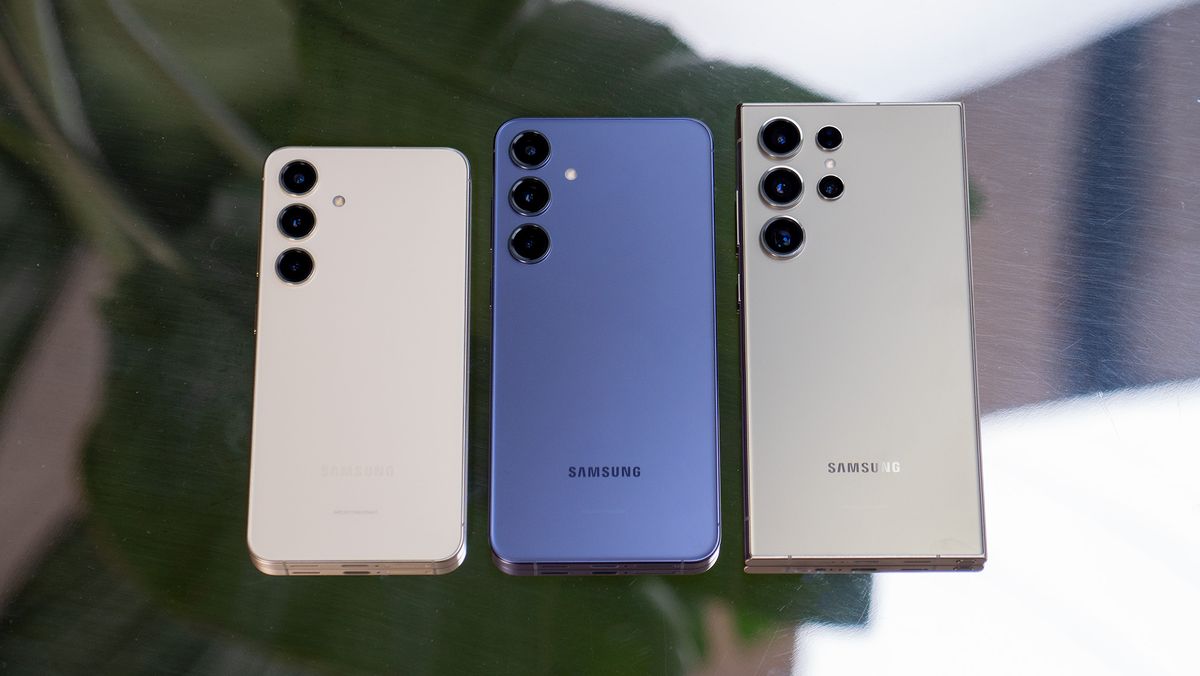Photo taken in Amalfi, Italy
Sergio_pulp | Istock | Getty Images
“Have you ever been broke, but no one believes you because you don’t look like a broke person?”
New videos trending on social media platforms such as TikTok and Instagram are asking that very question.
“The thing is, like you broke, but like a bougie broke, like you ‘broque,'” one narrator said.
“Even on payday you broque,” also spelled “broké.”
The reels are often accompanied by lavish scenes, from restaurant meals with abundant food to travel scenes from locales such as Positano, Italy.
More from Personal Finance:
Quiet luxury may be Americans’ most expensive trend to date
Companies recognize importance of ‘out of office’ time to reduce burnout
Cash-strapped consumers are tipping less amid persistent inflation
Social media has upped the ante when it comes to showing off users’ lifestyle or experiences. The new videos show off the same coveted lifestyles with a wink: “You think I can afford this, but little do you know what’s in my bank account.”
Experts say that’s not necessarily a bad thing.
“Money is so taboo,” said Emily Irwin, managing director of advice and planning at Wells Fargo’s Wealth & Investment Management.
“To talk about that, to put it out there in a very vulnerable way, I think is also empowering of others to even start the conversation,” Irwin said.
‘Bougie broke’ is changing money conversations
“Bougie broke” describes the state of “always barely having adequate funds,” whether it be in cash, accounts or on credit cards, according to the Urban Dictionary.
The term is not new.
But the term is trending in a unique set of circumstances — inflation that recently pushed the rate of price increases to the highest in four decades, an already high cost of living that has made achieving major life goals such as buying a home feel out of reach, and a pandemic that tempted more people to prioritize live-for-today experiences.
Generally, “hedonic or conspicuous” spending with the aim of making other people see you in a certain way is not a good thing, according to Dan Egan, vice president of behavioral finance and investing at Betterment.
But the new bougie broke videos may have a positive influence in destigmatizing an uncomfortable topic — feeling conflicted about spending decisions.
It’s like asking, “What do other people think? Am I the only one here who feels this way?” Egan said.
“There’s definitely a trend towards every generation being a little bit more comfortable talking about things that were serious stigmas in previous generations,” Egan said.
The bougie broke videos highlight the fact that people prioritize different things, and you never know what’s totally behind what you’re seeing, Irwin said.
While you may assume someone’s flashy lifestyle comes with plenty of extra room for savings and the achievement of other big financial goals, that is not necessarily true, she said.
“To dispel that whole notion is really cool, I think,” Irwin said.
This could be a super-interesting way to put your goals out there and hold yourself accountable.
Emily Irwin
managing director of advice and planning at Wells Fargo’s Wealth & Investment Management
Not only do the videos take the stigma out of admitting you’re “bougie broke,” the platforms also offer a new way to share personal goals and hold yourself accountable, she said.
“One of the most impactful steps of setting goals is actually communicating them with someone,” Irwin said.
Whether it’s an audience of one or 1 million, knowing people are listening can help push you to keep going, she said.
“This could be a super-interesting way to put your goals out there and hold yourself accountable,” Irwin said.
Next up: ‘quiet luxury,’ ‘premium mediocre’
Another trend that’s catching on — “premium mediocre” — may have a powerful impact on how people live, Egan said. The term describes goods and services that are just slightly above average, say a six or seven out of 10.
For some things, say when it comes to the salad you eat, the difference in quality is probably not that different from what a billionaire consumes.
Part of the bougie broke trend is separating who you think of as being well off from those who visibly spend a lot of money, he said.
More truly wealthy people are pulling back from showing off their wealth in favor of quiet luxury, Egan said. Ultimately, that’s a good thing.
“We’re decoupling that sense of spending money as a signal for wealth versus spending money for spending money,” Egan said.





















Discussion about this post